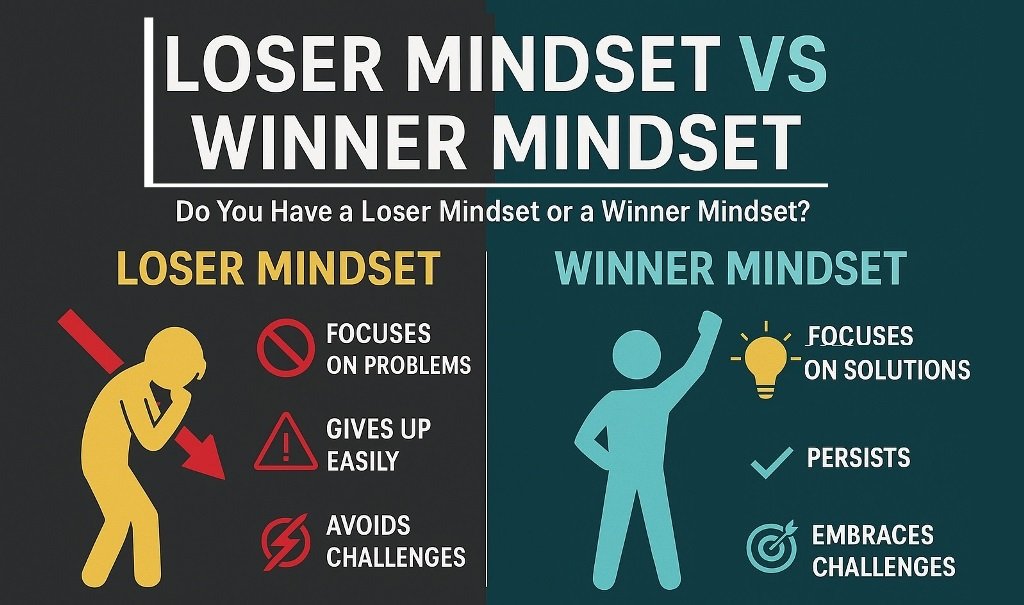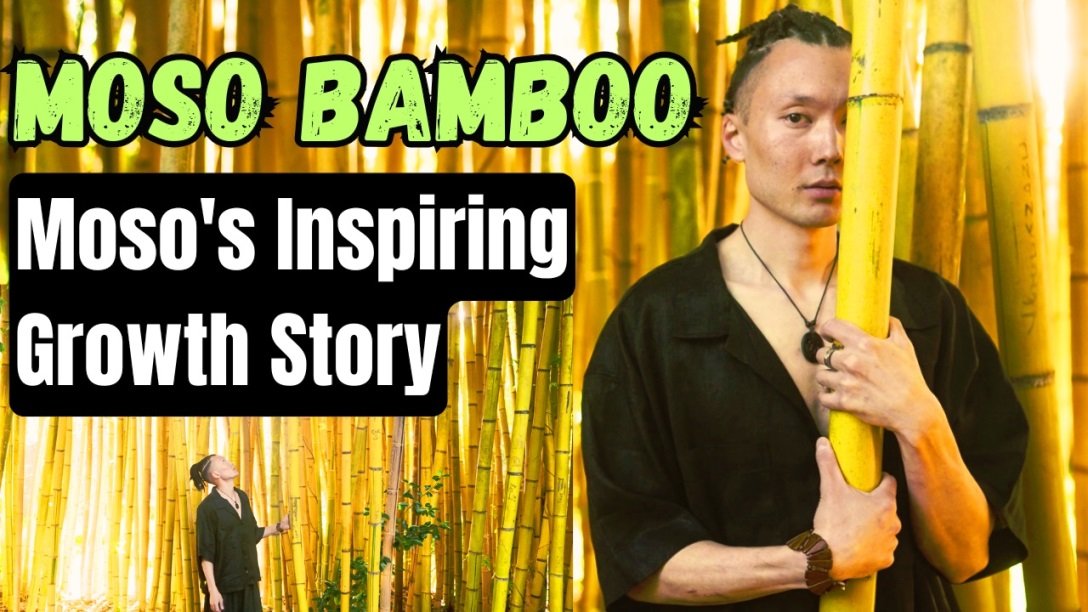
Let go of what is wrong. Insist on what is right.
Have the courage to do one or the other!
Winners always give up, that is, they give up. They just give up on the right thing at the right time. (Because you don’t have the time, passion, or resources to be the best in the world at everything) Most people give up. They just can’t do it successfully. In fact, most professions and trades benefit from those who give up. Society assumes you will quit. In fact, the truth of the matter is, businesses and organizations do their calculations on it.
You can’t try to do everything together, especially if you intend to be the best in the world at one. Winners win big because the market loves the winner. People don’t have a lot of time and they don’t want to take too many risks. If you’ve been diagnosed with terminal cancer, you can’t go to a bunch of doctors and hang around. You go straight to the “top man,” one of the best in the world. Why waste it here and there if you only have one opportunity? A second reason why number one offers such enormous benefits is that “being rare makes being at the top worth something.” So why does scarcity occur? It stems from the limits set by the market and society. It’s because most people quit long ago, without creating something to climb to the top. This is what it should be. The system is built on it.
Anyone who will hire you, buy from you, recommend you to others, vote for you, or fulfill your wishes will wonder if you are the best option. What is best for them means: what is best for oneself at the moment, based on what one believes and knows. In the world he can reach for his own world. So the “best” is subjective.
Strategic abandonment is the secret to successful organizations. Reactive abandonment and serial abandonment are the bane of those who struggle (and fail) to get what they want. And most people do just that. When it starts to hurt, they give up, and when giving up won’t hurt, they hang on.
Almost everything worth doing in life is controlled by Dip. The bottom is fake curtains to keep people like you away. If you look at the resume of a typical CEO, you’ll see that he spent twenty-five years at the Dip before landing this position. Actually, being a CEO is easy. The hard thing is to get there. There is a big Bottom on the road. If it were easy, there would be countless people competing for the job and CEOs wouldn’t be paid so much. Being rare is the secret to being valuable. If there wasn’t a Dip, there wouldn’t be rarity either. Successful people don’t just get out of the Bottom alive. They stay afloat by leaping from there with energy. They do not tend to dip. They push harder, change the rules and move on. Knowing that you are sinking to the Bottom does not mean that you continue to live there happily. Dips won’t last very long if you top them up.
Cul-de-Sac (French for “dead end”) refers to blind-ended work. When you enter dead-end streets, you slowly run out of resources and energy to do something else. The cost of investing your life in something that won’t get any better is high. If you find yourself facing this curve, it is time to give up. Not soon, right now. The biggest obstacle to success in life is that we haven’t left these curves early enough.
If It’s Something Worth Doing, There’s Probably a Dip
There is also a Dip in tennis. The difference between a casual club player and a regional champion is not innate talent. It is the ability to force action while giving up is easier. Bottom creates scarcity, scarcity creates value. The bottom is the secret to your success. Those who set out to transcend the Dip (people who put their time, energy, and effort into surviving the Dip) are the best in the world. They overturn the system because instead of moving on to the next thing, performing slightly above average and being content with what they have, they embrace the challenge. Whatever the reason, they refuse to stop looking for a way and force Dip to take the road to the next level. The courageous thing is to reach the other side with all your might; then you can enjoy all the advantages of being scarce.
Differentiation Bullshit – What Did Woodpeckers Know?
When you face the Dip, most people and organizations turn to different fields. The main idea is that if you don’t get to the next level, spend your energy learning how to do something else. This is the reason why thousands of artists’ names are written on record labels, not just a few. This is why job seekers demonstrate mastery at dozens of tasks rather than just one area. Still, real success can be in those who are obsessed.
Most People Are Afraid to Give Up
It’s easier to be ordinary than face reality and let it go. It is difficult to give up. Giving up requires realizing that you can never be 1. in the world. At least in this job. So, without admitting it, it’s easier to set aside and fixate on mediocrity. Instead of leaving Cul-de-Sac and investing their resources in something else where they really belong, organizations and people are stuck in this dead end, wasting their time and money by diving into a Deep and wide Dip with the resources they have.
Knowing that you are face to face with a Dip is the first step to getting out of there. Weight training is an impressive science. Basically, standing still, you strain your muscles for a minute or two. This is only because the work in the last few seconds causes the muscle to grow. Like most people, you use your muscles all day, every day. But they don’t grow because you stop using your muscles before you reach the moment of strain that causes them to grow. This is a natural movement, because a depleted muscle feels unsafe and hurts. People who pay for the first minute or two of exercising earnestly get rewarded after that.
The tricky thing is this: It’s a bad idea to give up when you hit the Bottom. If the journey you’re embarking on is a journey worth taking, giving up when you reach the Dip will just waste energy you’ve already spent. Leaving the Dip once is usually sufficient. You suddenly find yourself a quick quitter, “he’s someone who takes the job and does very little.” Simple: If you can’t get past the Dip, don’t start at all.
If you want to be a superstar too, with a steep Dip; You should identify an area with a Dip that creates a barrier between those who try and those who succeed. And you have to go through this Bottom and reach the other side. This is not for everyone. If he did, he wouldn’t be a superstar at all. If you choose this route it is because you have come to realize that a Dip exists and you believe you can overcome it. The bottom is actually your greatest ally, because it makes the project worth living (and keeps others from competing with you). But wait, that’s not enough. Not only can you find a Bottom you can conquer, but you also need to immediately leave the Cul-de-Sac you’re currently hanging onto. You should also abandon projects, investments and pursuits that do not offer you the same opportunities. It is difficult but vital.
Why is the Bottom So Common?
One of the things that forms the basis of Dip is the pyramid. The pyramid shape is an arrangement where the men at the bottom support those at the top. For example, a large number of people sign up for a gym (many members keep the club afloat), but the club itself is small because very few of the enrollees actually visit the club often. These members subsidize loyal customers. This is the basis of the system. If everyone who registered showed persistence, you could neither find an empty bike to ride nor register. And of course, the entire college football market is built on a pyramid of players who aspire to play in the national league but never get the chance.
You grow up believing that quitting is a moral failure. Letting go also creates a feeling of a downward collapse, as if you had just looked into your own eyes for a moment and closed your eyes. Of course you try your best. But it can’t happen. In fact, the question of quitting or not quitting should be viewed as an opportunity to rise. It must be seen that it is not about escaping the shame of failure. More importantly, don’t forget that by quitting a job you don’t care about, or even better leaving Cul-de-Sac, you are freeing up your possibilities to orient yourself to a truly worthwhile Dip. If you’re going to quit, quit before you even start. Reject the system if you realize that you can’t be the best in the world, better not get into the game at all.
To become a superstar, you have to do something extraordinary. Don’t just look at getting out of the Dip alive, but also take the Dip as an opportunity to create something extraordinary, so that even if people can’t help you, they talk about it, recommend it, and yes, choose it. The next time you start to feel like quitting, know that you only have two choices: quit or be extraordinary. Being average is for losers.
According to one study, salespeople give up trying after about their fifth conversation with a lead. After five times, the salesperson thinks that he has lost his time and other prospective customers and leaves this customer and continues his work. And of course, research shows that eighty percent of customers make a purchase at the seventh enterprise. If the salesperson can last that long!
You can be sure that your product is the best in the world, but no one cares, except for a small group out there. The consumer expects it to be up-to-date, tested, inexpensive, and ready-to-use, rather than how new you come up with it. So the Bottom in the market is being accepted. The problem is that a very small audience expects something completely new. Most people expect what has been tested, documented and validated.
If your intention is to grow and you want to have the resources to invest in the right businesses, you will have to abandon a product or a feature or a design (you have to) and you will have to do it regularly.
Seth Godin – “The Dip”



